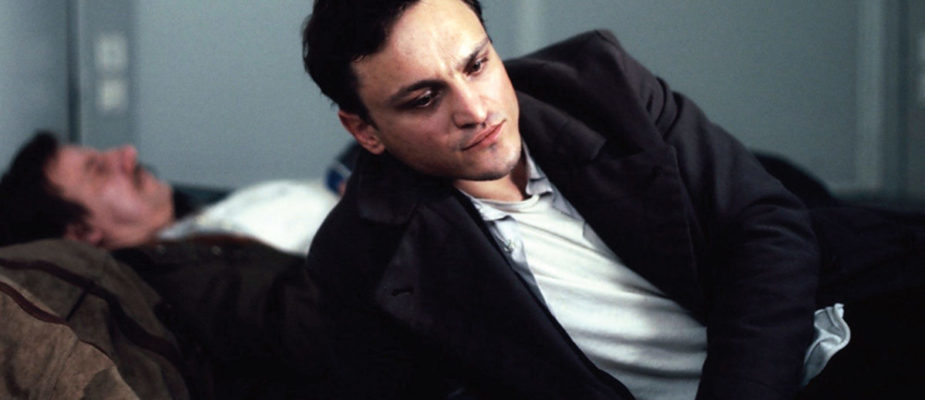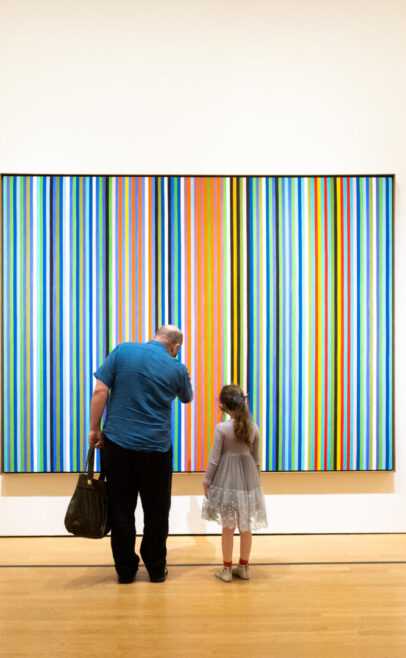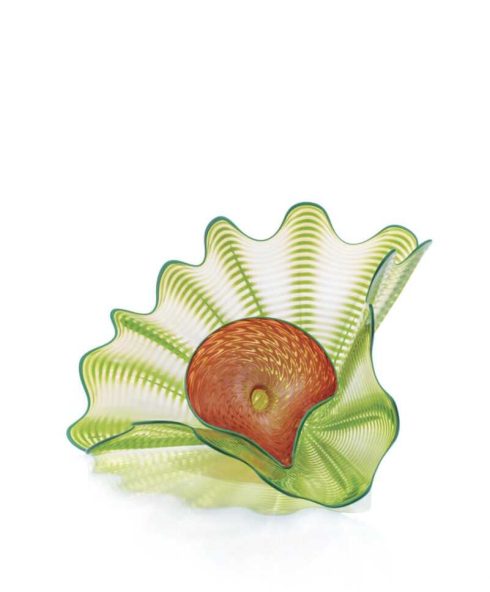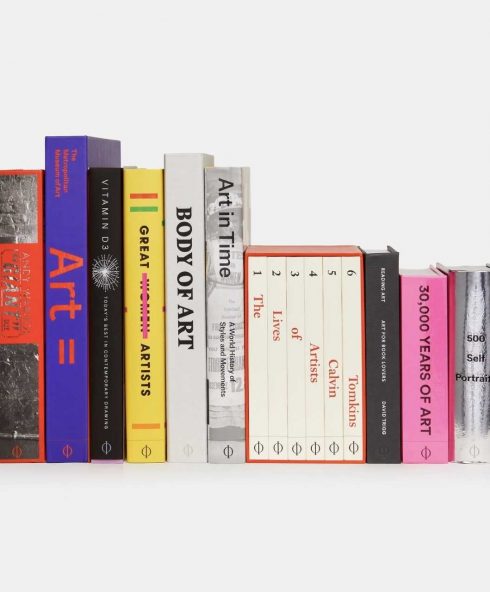One of the most conceptually exhilarating and intellectually stimulating films in ages, Christian Petzold’s Transit (2018) adapts Anna Seghers 1944 novel of the same name, transposing the German author’s French-set source material to modern-day Marseille. Well, only sort of. Yes, Transit basically takes place ‘today,’ with the contemporary police vehicles and migrant-crisis thematic to match—but there is also talk of Fascists (and not necessarily of the ‘neo’ variety) and ocean-bound vessels transporting the city’s white refugees, Jews included, to more hospitable places. Petzold updates, in other words, while also retaining certain semantic properties of the original, to use the language of Rick Altman’s genre theory. He provides us with a world that is somehow both the the novel’s 1942 setting and the 2017 moment of the film’s production, of Seghers’ time and our own with everything that this conflation of past and present entails.
Of course, Transit’s conceptual move is more broadly true for any location-set period film—particularly among those that mostly if not entirely eschew digital, post-production effects. When we watch any contemporary film set in 1942 or any other year in the film’s past, staged in the world of the present, we witness a temporal double-time, a past that the mise-en-scène and the viewer create in collaboration, in some measure at least in the spectator’s mind or imagination. That is, we look at the city or interior or landscape as if it were that same place seventy-five years ago—we imagine that people from our own day lived then, in an earlier present. Transit plays an especially extreme example of this game where its past, in some meaningful sense, exists only in the viewer’s mind, as the Mediterranean-bound vessels, and much more to the point, the Fascists and anti-Sematic undercurrent of the film remain just as characteristic of our own time—a point upon which Petzold very strongly insists—while other more modern details exclude earlier eras.
Yet, as a viewer we are not duty-bound to choose the time of the film’s setting. In the case of Transit, which might be alternatively described as a period film set in the present, we can indeed process the film as if we are seeing a mélange of past or present. We see thematic and stylistic details from 1942, from the Nazi invasion of Europe and shadow presence in unoccupied Vichy France presented within the same space that the other aforesaid present-day markers are manifest. The novel and film both have their completion dates—and the novel, moreover, is set in 1940—but Petzold’s adaptation does not need to commit, nor in a real sense does it. It is, finally, unimportant when the film we are seeing takes place, in part because there is no real truth to that proposition. Transit’s fiction relies on the both-at-once-ness described above, on watching a film as if it never really settles on past or present—and realizing that this is the meaning of Petzold’s film, not only for what it tells us about period filmmaking, but also for what it says about the dark work we all now occupy.
Transit likewise is a film filled with and defined by its—apologies, but Petzold makes this unavoidable—transitory spaces: bars, restaurants, hotels, consulate waiting rooms, and most of all, Marseille itself. The local authority repeatedly insists that those traveling through not stay, that they pass through on their way to somewhere else, anywhere else—with all the inhumane connotations that this sentiment engenders. The present-day political ramifications are obvious for the Mediterranean port city, particularly where it concerns a Maghreb mother and son who will prove among the film’s many disappearing characters. Indeed, as a place of passage and of impermanence, Marseille is also, necessarily, a site of disappearance, of human erasure and ultimately death—though, taking a page from the director’s earlier Yella (2007), this too can be as destabilizing as the film’s historical address. Suffice it to say that both/and remains a valuable intellectual tool when approaching the film’s many narrative and existential questions.
***
Petzold conceives his films in trilogies, with Transit completing a project on German history begun with Barbara (2012) and continued in 2014’s Phoenix (both of which screened, along with Yella, in a previous program of the director’s films at OKCMOA). Transit is a closer successor to the masterful Phoenix for its intimations of World War II fascism and its narrative conceit of an unrecognized spouse—fictitious though both prove in the latest film. Viewed in the context of the other two, Transit proves much more European in its subject and point-of-view, as a period film made in the era of more (though not certainly fully) open boarders, and the EU.
Where Transit differs most immediately from its two predecessors is in the casting of its female lead. Gone is Petzold axiom Nina Hoss, and in her place is lookalike, and great though Hoss consistently is, an entirely suitable replacement in Pauline Beer (Frantz). Beer plays Marie, who spends her suspended days searching Marseille for her missing communist-writer husband, Weidel. Enter Georg (Franz Rogowski, who fills the role with remarkable sensitivity in both senses), a German Jew fleeing the Nazis—or, you know the equivocating drill by now—who has assumed Weidel’s identity in hopes of escaping with his life. Marie continuously crosses paths with Georg, tipped off as to her husband’s, or rather his imposter’s, location.
In narrative terms, the film’s pressing questions prove whether one, Georg will evade his captors; two, whether Marie will realize that Georg has assumed her husband’s identity; and three, whether both will escape Marseille (and perhaps together, as a newly formed romantic couple—Transit is quite sexy ultimately) when the opportunity finally presents itself. Up to that culminating question, Transit is a film of waiting, presented relaxed or even slow pace; it is a film of time spent hiding in plain sight under the warm yellow Mediterranean sun. Time in this sense again provides Transit with its meaning, dramatically, as its melancholic passage amplifies the danger posed to the film’s transient heroes. It also provides the viewer the space for Petzold’s larger hermeneutic project, for interpreting the signs of a film that refuses to resolve itself, again, preferring instead to be both at once—as is the director’s equally objective and subjective camera work—in a manner uniquely suited to the art of cinema and its proto-filmic fiction. Petzold’s latest may challenge in any number of different ways, but very few films have more to give—and have continued to live on, always growing, in this viewer’s mind at least, quite like Transit.
Transit screens 5:30 & 8 pm Friday, March 29 and 5:30 & 8 pm Saturday, March 30, exclusively at the Oklahoma City Museum of Art.










